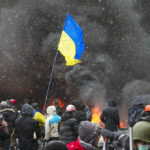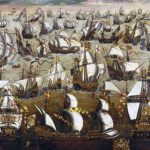Replace freedom of speech with hate speech and you get rid of the former, basking on moral high ground of fighting the latter.
There was a time when people in the Eastern Bloc were forbidden to listen to Radio Free Europe, The Voice of America or any other western broadcaster on pain of, depending and country and period, severe or mild punishment. The mentioned radio stations were jammed most of the time, which was not the only countermeasure that was implemented: the government-controlled mass media would target selected news and in an attempt to spread “information literacy” raise the citizens’ awareness of the dangers of being exposed to hostile Western propaganda which, allegedly, went out of their way to create the impression of failed socialist states. Continue reading
















